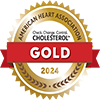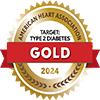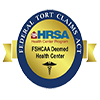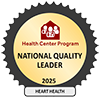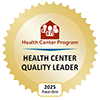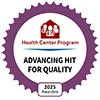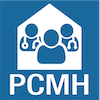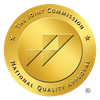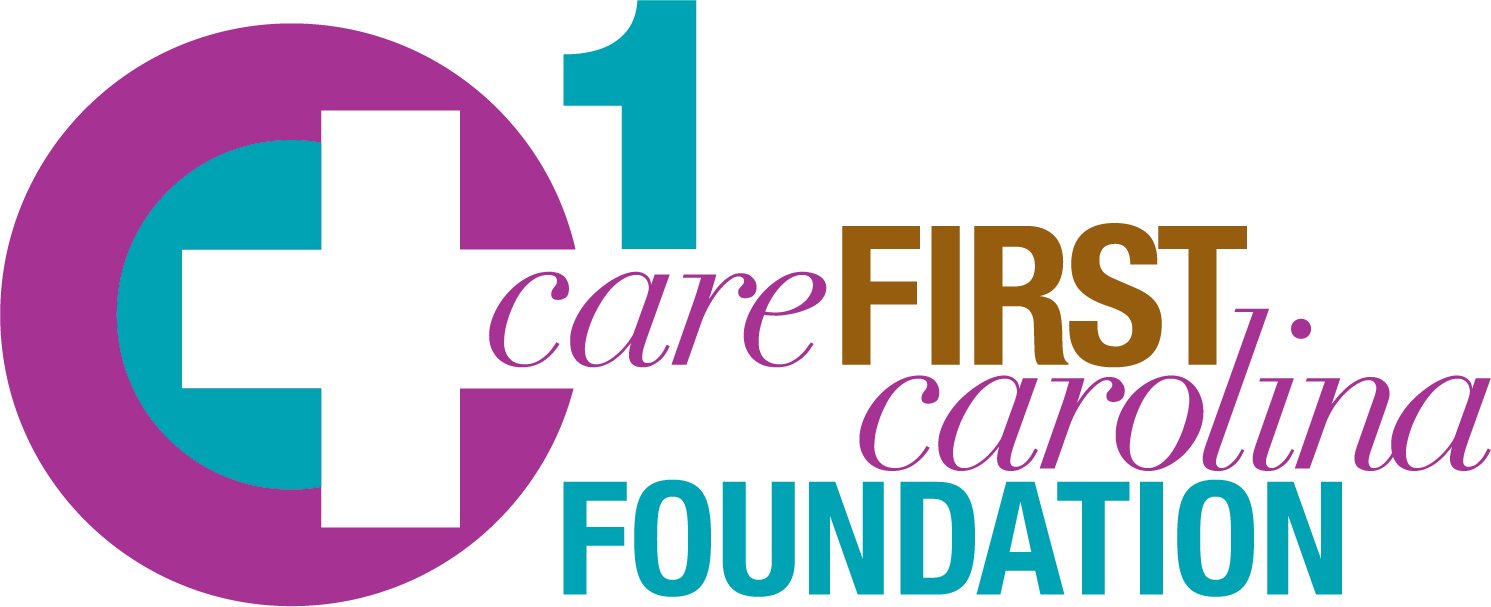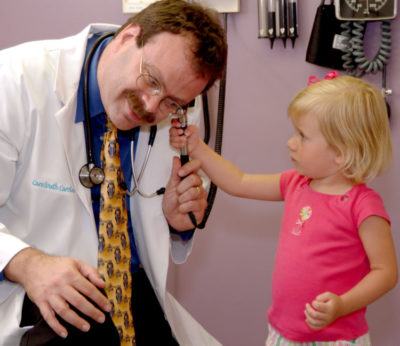Consortium Formed to Prevent, Treat and Sustain Recovery for Opiate Use Disorders
Drug overdose was responsible for the deaths of more than 70,000 Americans in 2017, according to the Center for Disease Control and Prevention (CDC).
To address this growing issue, The Health Resources and Services Administration (HRSA) and the Office of Rural Health awarded a Rural Communities Opioid Response Planning grant to be used to form a Consortium of local health care, substance use treatment providers and other human service agencies.
Caresouth Carolina has used the grant funds to develop the consortium in collaboration with community partners in Chesterfield, Darlington, Dillon, Marlboro and Lee counties.
Daniel Myers, coordinator for the Rural Opioid Community Response Consortium, said the organization has three main objectives: Prevention of opiate use disorders, Treatment of opiate and other substance use disorders and Sustained Recovery for people of all ages who are struggling with an opiate use disorder or dependency.
The over-arching goal of the consortium will be to de-stigmatize the initial steps to obtain help for an opiate or other substance use disorder.
The Consortium will also work to end opiate over-dose in the five county region and beyond by working with SC Harm Reduction and DAODAS to increase access to Narcan, a life-saving antidote to opiate overdose.
“We want to make our communities healthier and enhance the lives of people here in the Pee Dee.” Myers said. “We are here to make people aware that there is help and to let the community know that we’re going to find a way to fix this.”
In addition to CareSouth Carolina, the consortium members and support partners include: Trinity Behavioral Care, ALPHA Behavioral Health Center, Rubicon Family Counseling Services, McLeod Regional Medical Center, Tri-County Community Mental Health Center, Pee Dee Mental Health Center, Northeastern Rural Health Network, as well as first-responders and human service agencies in the five county region.
The planning grant will serve Chesterfield, Dillon, Darlington, Lee and Marlboro Counties. In those areas, more than half (51.7 percent) of residents live on incomes below 200 percent Federal Poverty Guidelines (FPG) and 14.6 percent are uninsured, exceeding the state rate of 13.3 percent and higher than the national rate of 11.7 percent.
Among those with incomes under 200 percent FPG, 20.3 percent are uninsured, according to the Census Bureau.
“Many in these communities don’t have access to resources, and many don’t have insurance, but they’re still hurting,” Myers said. “This type of situation sets us up with an epidemic. They want relief, but don’t know where to turn.”
In 2019, the group will be developing plans to address the worsening opiate epidemic, and developing a plan for continuing the work of the consortium in the future.
The plan will include increasing access to opiate and other substance use, treatment, prevention, and recovery services. In addition, the consortium is developing a unified strategic plan and workforce plan, for the goal of increasing local workforce capacity in the areas of medication assisted treatment/suboxone therapy, substance use disorder treatment, and peer recovery support.
“That’s what this consortium is all about. The goal of the consortium members and all of our support partners is to meet the needs of those who are managing an opiate or substance use disorder, through comprehensive medical care, with integrated behavioral health care, and community supports,” said Myers.
For more information on how to get help for an opiate or other substance use disorder, or if you are interested in the consortium speaking to your organization, contact Daniel Myers by phone at 843-624-1891 or by email at daniel.myers@caresouth-carolina.com.




